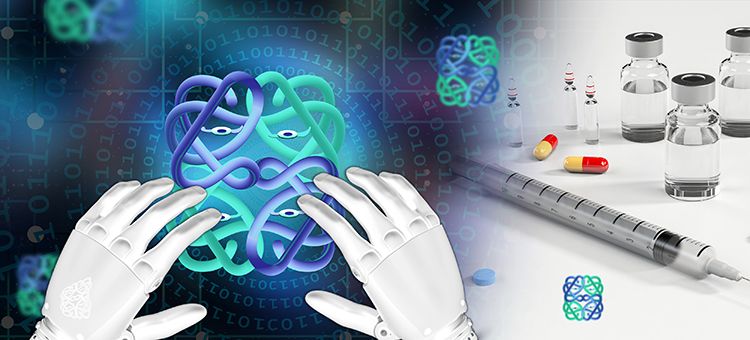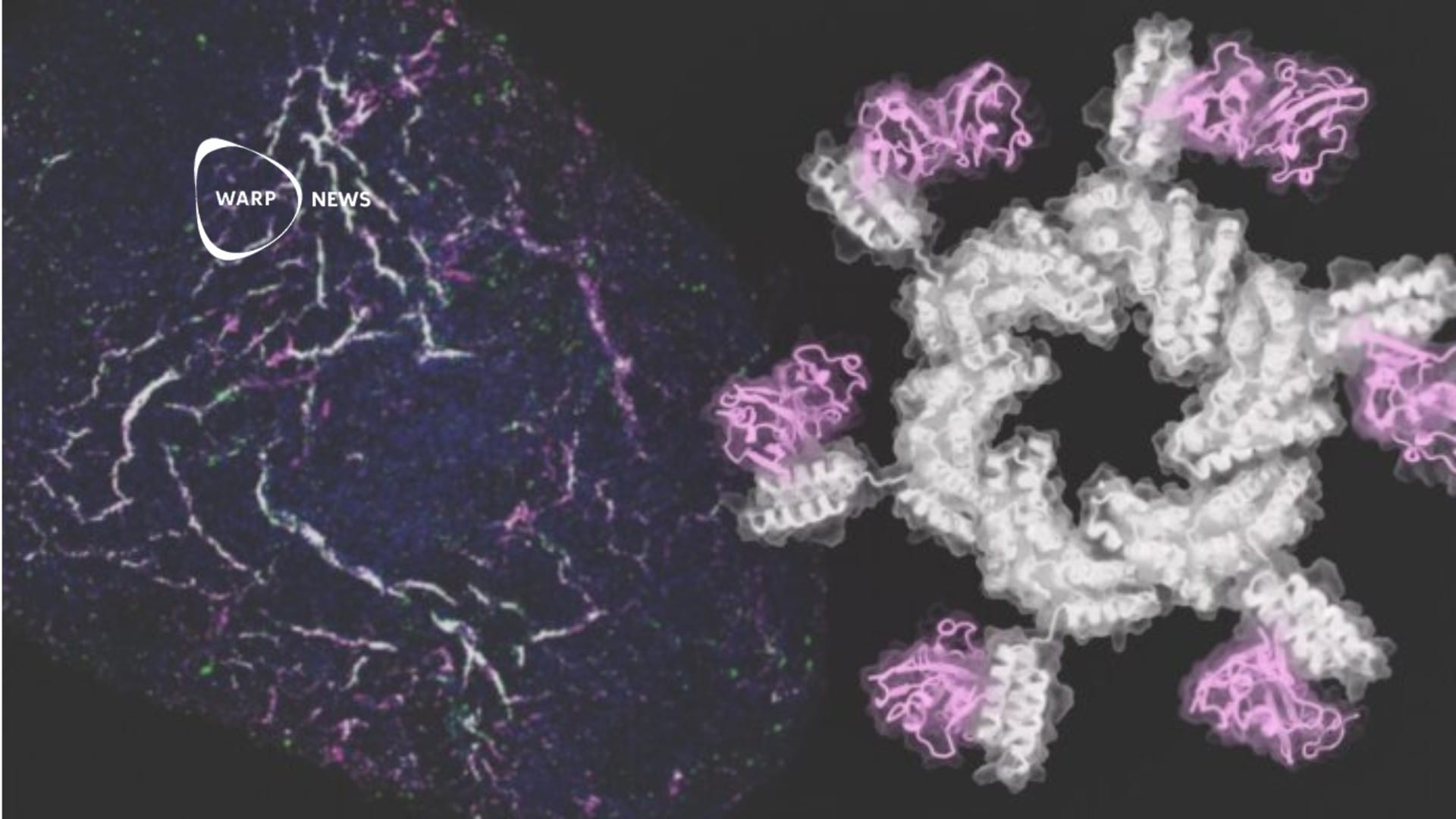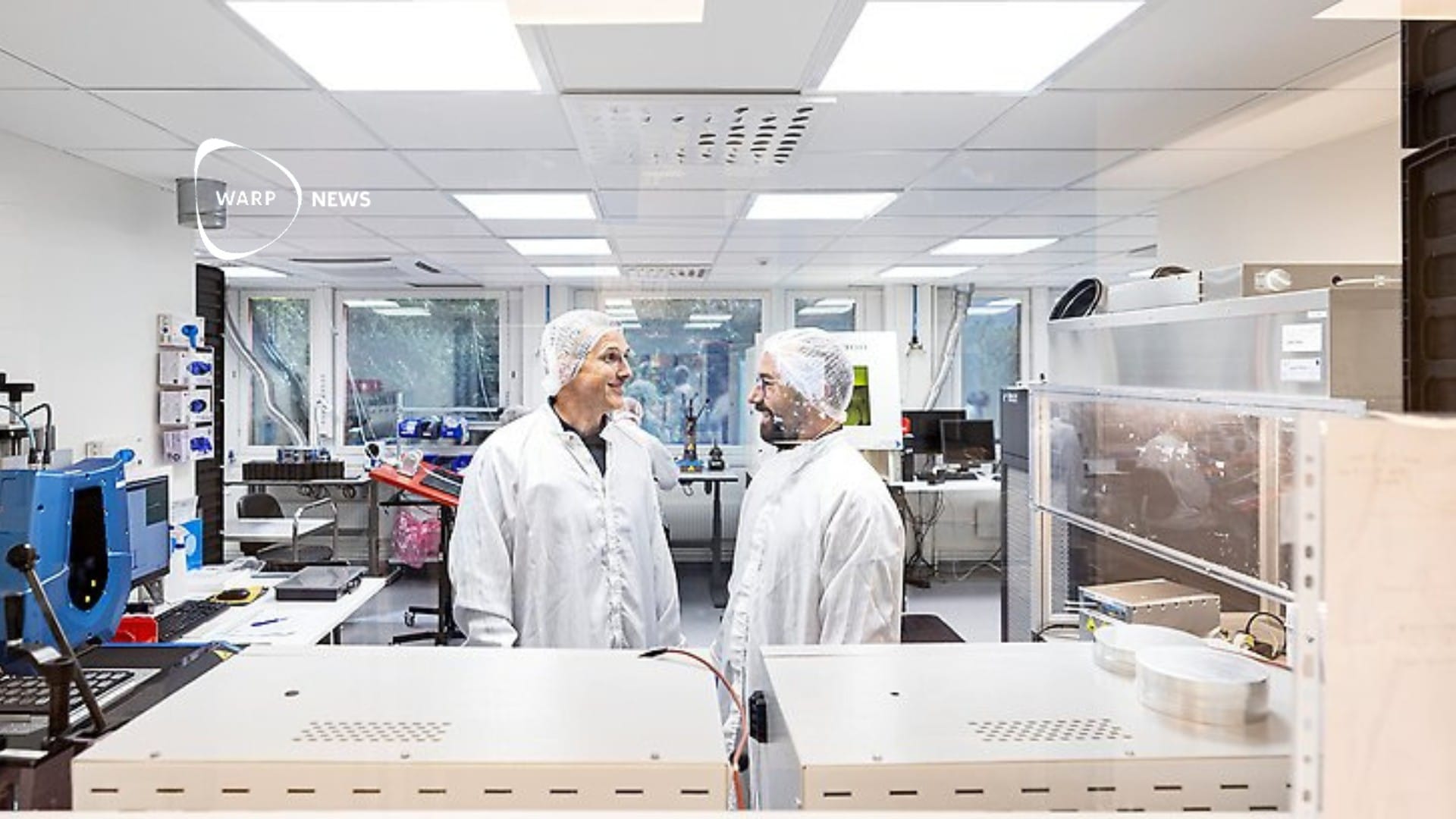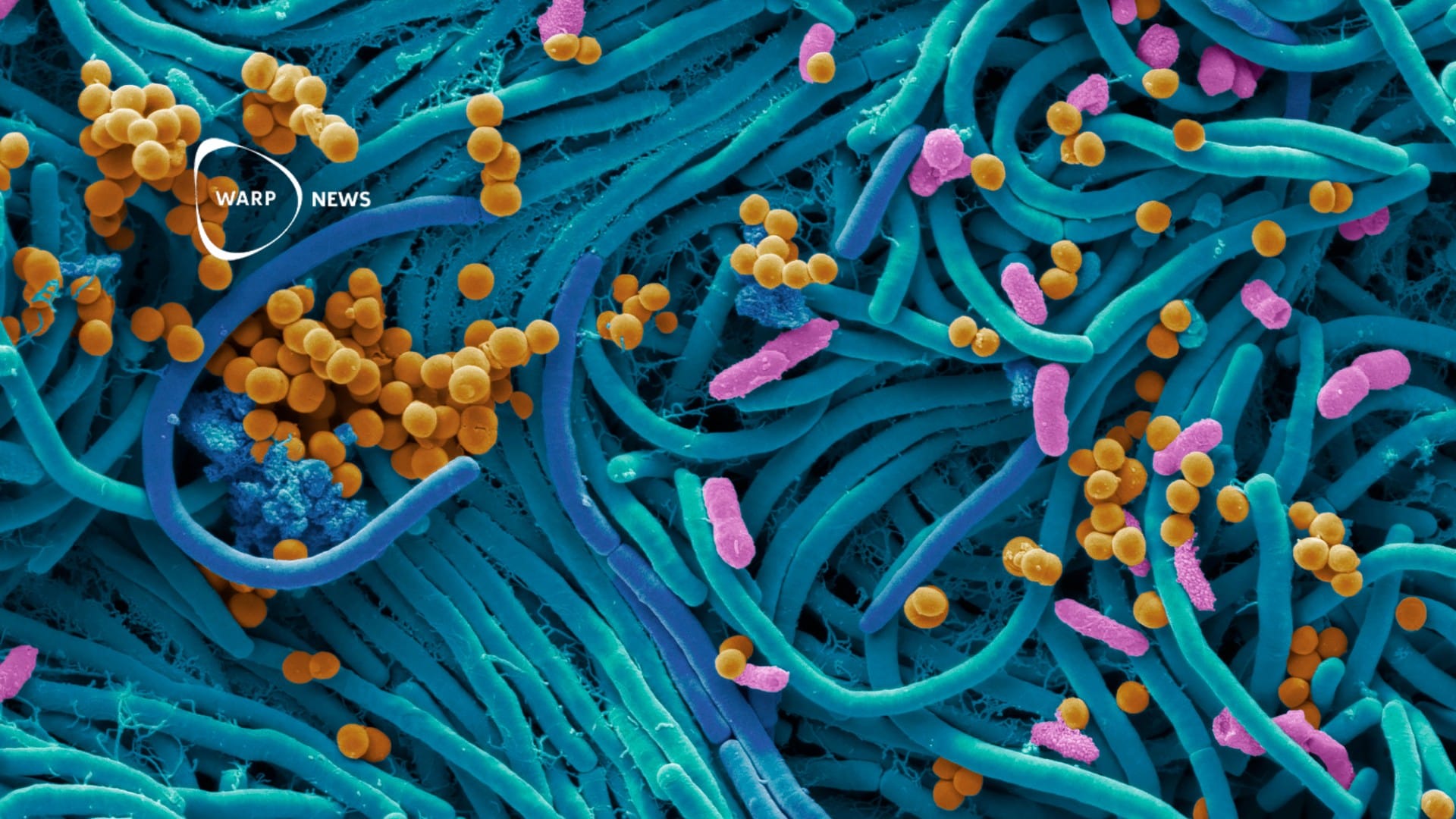
👨💻AI creates whole new proteins
Researchers have created an AI that quickly creates and sorts proteins. A breakthrough for the science of making medicine.
Share this story!
All living cells contain proteins. They are a crucial building block for all things living and hence an essential ingredient in many drugs such as insulin and cancer medicine.
Apart from that, proteins are also used in animal feed, detergents, and much more. As the range of proteins is getting bigger, researchers can find more applications. Considerable resources are therefore invested in creating synthetic proteins with desired properties.
Researchers from Chalmers, Vilnius University Life Sciences Center in Lithuania, and the biotech company Biomatters Designs have had a breakthrough in this study area. As the traditional method for producing synthetic proteins goes, the process involves introducing random mutations into the protein sequences. The scientists then have to rely on the chance that some mutations are successful and suitable for the desired area of use.
" Therefore, you have to perform many series of very expensive and time-consuming experiments where you test millions of variants to create new effective proteins and enzymes. Now that we have an AI-based method, we can go from computer design to working protein in just a few weeks", says Alexei Zelezniak, associate professor at Chalmers and research leader for the project in a press release.
The target is a small difference
The researchers have used the AI technology generative deep learning approach to create completely new proteins that are more efficient and stable than the original ones.
A low-resolution way of describing the process is that an AI is fed with existing proteins, and it then tweaks the proteins to make new ones. Another AI is fed with pictures of both the new and the old versions. The AI eliminates the proteins that are too different from the existing proteins as they will most likely not be useful.
The process is repeated until the AI cannot tell the difference between existing proteins and those created by the other part of the AI. The synthetic proteins left can then be tested in experiments.
" It's important to try to reduce the development cost. It is the key for creating sustainable industrial processes and consumer products. Our AI model and other future models will make this possible, and our research is, therefore, a very important contribution". Says Chalmers researcher Martin Engqvist who has been involved in designing experiments where the AI-generated proteins were tested.
Illustration: Yen Strandqvist, Chalmerse.
By becoming a premium supporter, you help in the creation and sharing of fact-based optimistic news all over the world.


